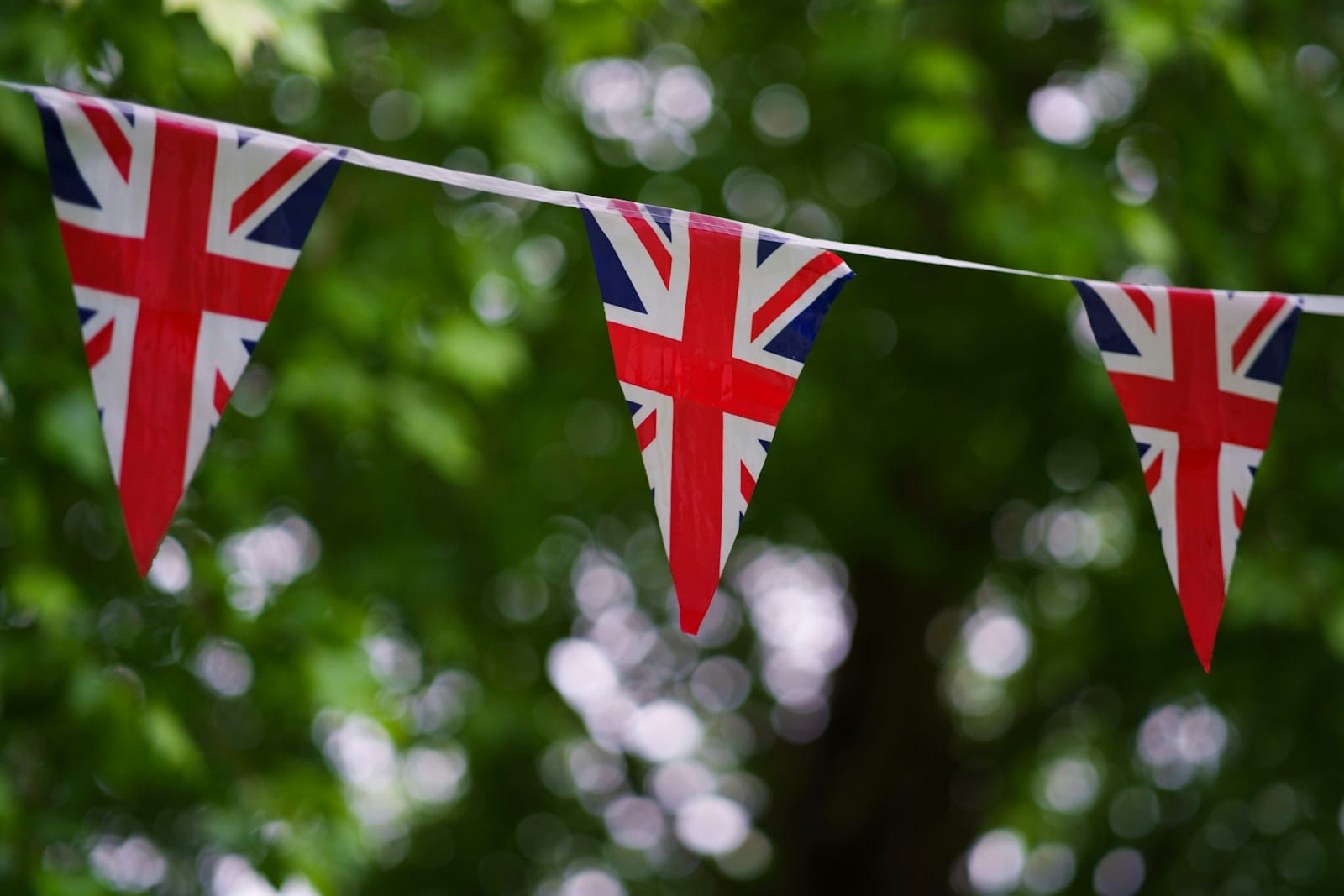Major Trade Reset Signals New Era for Cross-Channel Commerce
Post-Brexit UK-EU trade deal cuts barriers, Sir Keir Starmer hails it. Business sees shifts, travel perks. Mixed responses on fishing rights.

The United Kingdom and European Union have unveiled a comprehensive trade agreement that promises to slash bureaucratic barriers and restore key travel privileges, marking a significant shift in post-Brexit relations. The agreement addresses long-standing friction points in areas ranging from border controls to defence cooperation.
Sir Keir Starmer stated: ‘Britain is back on the world stage’, while European Commission President Ursula von der Leyen characterised it as a ‘historic moment’. The deal represents the first major revision of trading terms since the initial Brexit agreement of January 2020.
Business Impact and Border Efficiency
We do news. We don’t do cookies.
Our website does not collect, store, or share any user data. If you enjoy our content and value your privacy, consider supporting us.
Recent data from the Office for National Statistics reveals the timing of this agreement is crucial, with EU-UK trade flows showing significant imbalances. In February 2025, imports from EU countries were £1.9 billion higher than from non-EU nations, while exports to the EU lagged behind non-EU destinations by £2.7 billion.
The new agreement directly addresses these challenges by removing routine checks and certification requirements for most food and drink products. This streamlining of procedures aims to reduce delays at borders and ease the administrative burden on businesses operating across the Channel. For small businesses previously hindered by Brexit-related obstacles, these changes could prove particularly beneficial.
Travel and Movement Benefits
British travellers will regain access to automated eGate systems at EU airports, potentially reducing waiting times at passport control. The agreement also simplifies pet travel, eliminating the need for expensive health certificates for cats, dogs and ferrets entering the EU from the UK.
Defence and Security Collaboration
A notable development is the UK’s inclusion in the EU’s £150bn Security Action for Europe (SAFE) defence fund, establishing a new security and defence partnership that enables British defence industry participation in European projects. This collaboration aligns with the UK’s broader strategy of developing stronger bilateral partnerships globally.
Fishing Rights and Maritime Commerce
The agreement extends current fishing arrangements for 12 years, maintaining existing British quotas while preserving annual negotiations for EU catch limits. This provides long-term stability for the fishing sector while protecting British interests in territorial waters.
Youth Mobility and Educational Exchange
Negotiations continue regarding a scheme to facilitate movement for 18-30 year olds between the UK and EU for work, study and travel purposes. Additionally, both parties have committed to exploring the revival of the Erasmus student exchange programme, addressing previous concerns about Brexit’s impact on higher education.
Political Response and Future Outlook
The agreement has drawn mixed reactions from political figures. Conservative leader Kemi Badenoch expressed concerns about provisions related to fishing rights and youth mobility, while Reform UK’s Nigel Farage characterised the deal as a ‘surrender’.
According to Business Secretary Jonathan Reynolds, some technical details were still being finalised as negotiations approached their conclusion. The agreement received formal approval from the EU ambassadors’ committee ahead of a summit with EU leaders in London.
As both parties move to implement these changes, the focus shifts to practical execution and the potential for further cooperation. The success of this reset will largely depend on how effectively it addresses the strategic challenges facing Britain’s trading future and supports business growth across both markets.